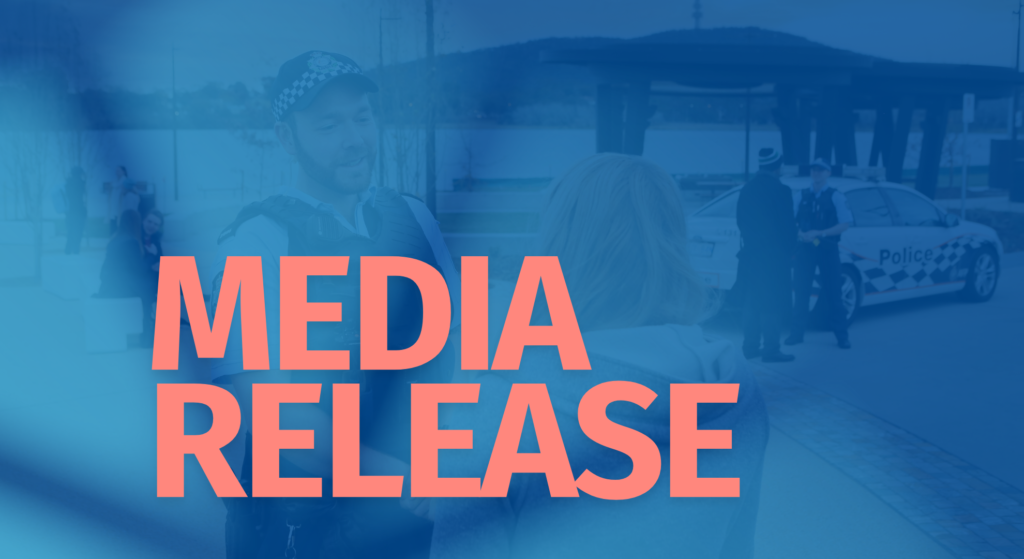The Australian Federal Police Association (AFPA) is calling on the Federal Government to urgently increase funding and resources for the Australian Federal Police (AFP) considering new findings from the Lowy Institute Poll 2025.
The poll shows growing public concern about global threats, falling perceptions of safety, and worsening economic outlooks, particularly among young Australians. The AFPA warns these trends could undermine national security and social stability without stronger AFP capacity.
The Lowy Institute Poll, conducted in March 2025 with more than 2,000 Australian adults, found that only 51 percent of Australians feel safe or very safe in the current global climate. This is the lowest figure since the pandemic, with just five percent feeling very safe, compared to 42 percent in 2010.
Concern is high over threats to Australia’s interests in the next decade, with 65 percent worried about cyberattacks from other countries, 61 percent about a US-China conflict over Taiwan, 53 percent about international terrorism, and 47 percent about foreign interference in Australian politics.
Economic optimism has dropped to a record low of 52 percent, with Australians aged 18 to 29 the most pessimistic.
AFPA President Alex Caruana said the results underline the AFP’s vital role in protecting Australians, while exposing the need for greater resourcing.
“Australians are worried about cyberattacks, terrorism, and foreign interference. They trust the AFP to respond. 89 percent back our role in law enforcement and national security, but funding and resources hasn’t kept pace with the threats we face.
“The AFP is the frontline, yet we’re stretched thin. The Government must act today to protect the future,” Mr Caruana said.
The AFPA is calling for targeted investment, including significant investment over the next three years to strengthen cybercrime units, advanced training, recruitment of specialist officers, and AI-driven threat detection tools.
Mr Caruana said on top of cybercrime investment, the Government needs to invest to expand counter-terrorism and foreign interference taskforces, with more analysts, surveillance capacity, and community engagement programs to prevent radicalisation.
“The AFPA is calling for more funding for AFP-led youth crime prevention and engagement programs, greater support to expand AFP training and operations in the Pacific, and a significant increase in baseline funding to recruit additional officers, improve recruitment and retention, and upgrade technology and equipment.
“Additionally, the Government should support AFP appointees in the same way it supports Australian Defence Force members by introducing the AFP Blue Card, which would provide wellbeing benefits to AFP appointees who have served to protect Australia and the community.
“These investments are about protecting Australia’s sovereignty and building a safer community and recognising that policing is a difficult profession. With 74 percent of Australians backing democracy and strong defence, the Government has both the public support and the responsibility to act. Delay will only make the job harder,” Mr Caruana said.
The AFPA has called for these measures to be included in future federal budgets.
Media Contact:
AFPA Media and Government Relations Manager Troy Roberts – (02) 6285 1677 – troy.r@afpa.org.au


